The power sensor can convert electrical parameters, such as current, voltage, and other signals, into signals required by monitoring equipment, to meet the requirements of information transmission, processing, storage, display, recording, and control.
Power sensors play a crucial role in measuring and monitoring energy usage across different domains. The AC current sensor, also known as a current transducer, detects and transmits information regarding alternating current flows. With their accuracy and reliability, Acrel Co. Ltd AC current sensors are extensively used in utility monitoring, smart grid systems, solar power, industrial automation, and more. These AC current sensors serve as the cornerstone of energy management, enabling businesses and individuals to track electrical usage patterns and optimize consumption accordingly.

 EN
EN

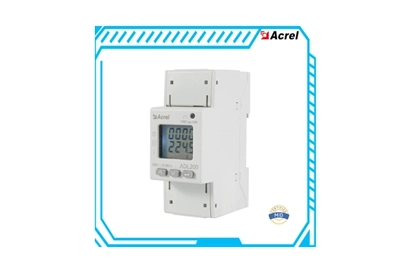
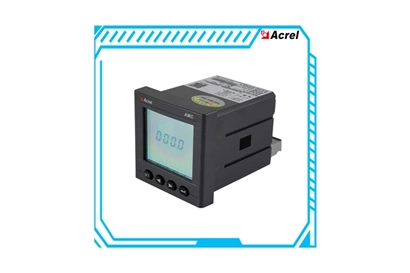
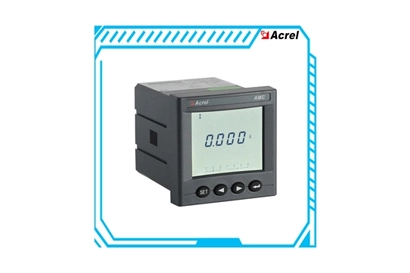
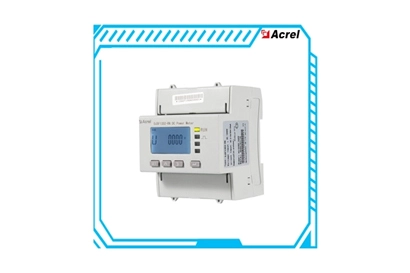
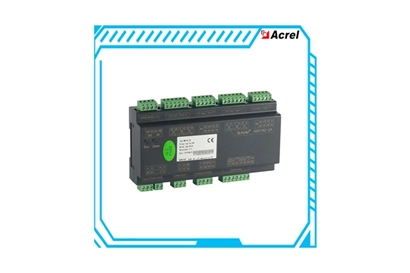
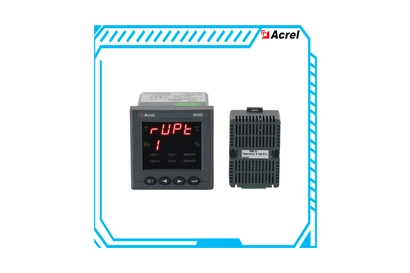
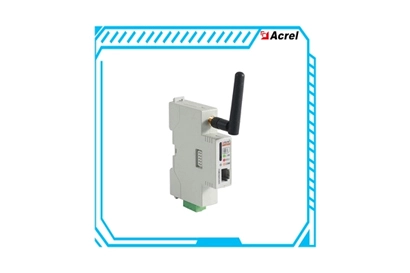
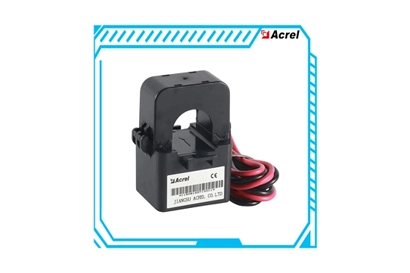
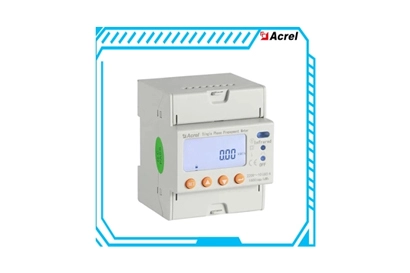
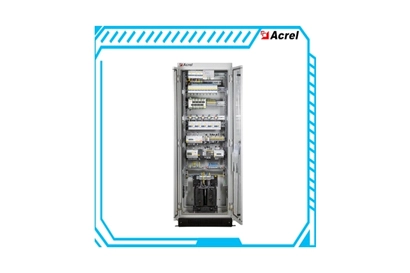
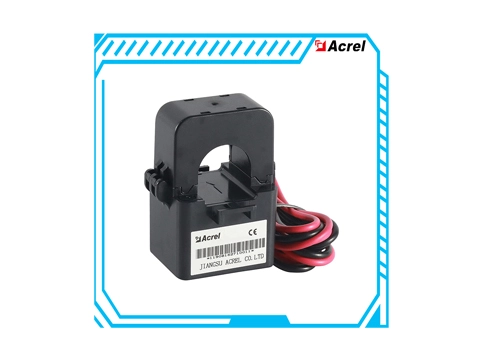
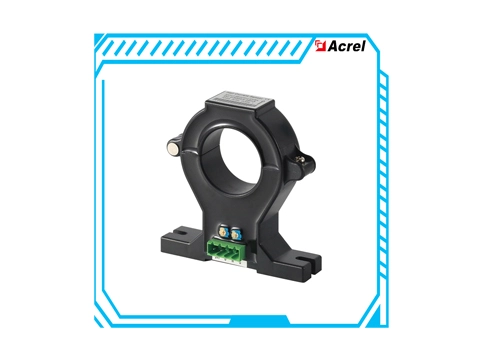
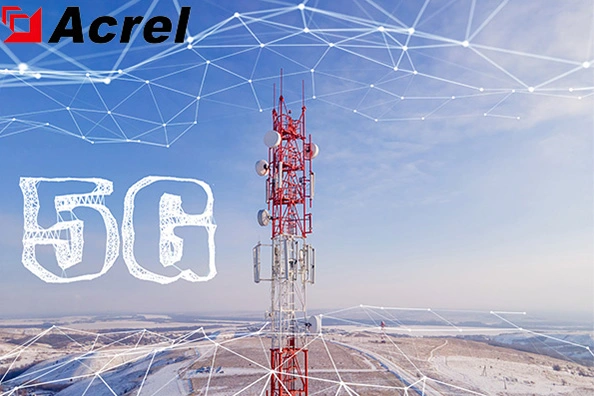





 Call us on:
Call us on:  Email Us:
Email Us:  No. 253, Yulv Road, Jiading Zone, Shanghai, China
No. 253, Yulv Road, Jiading Zone, Shanghai, China 

